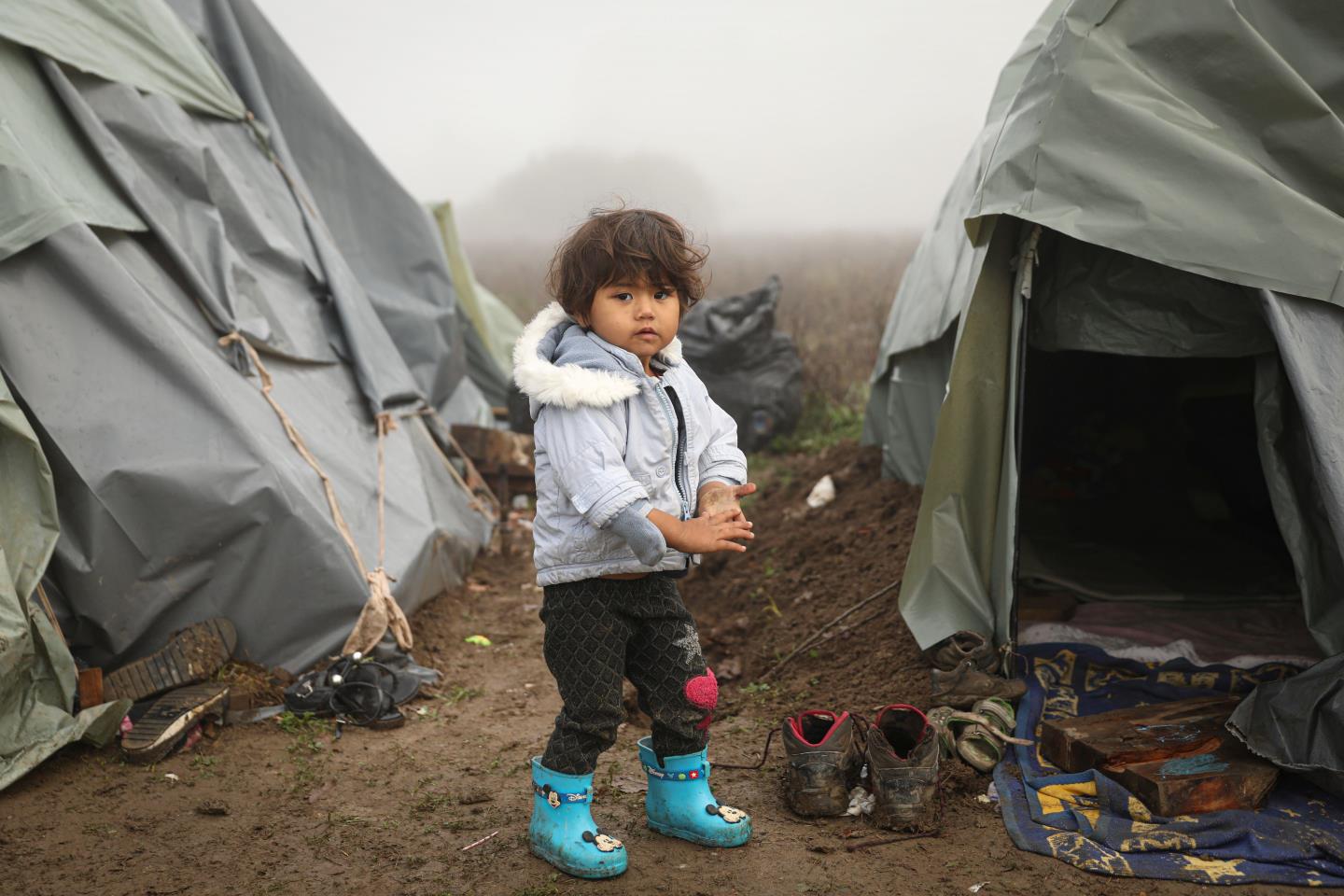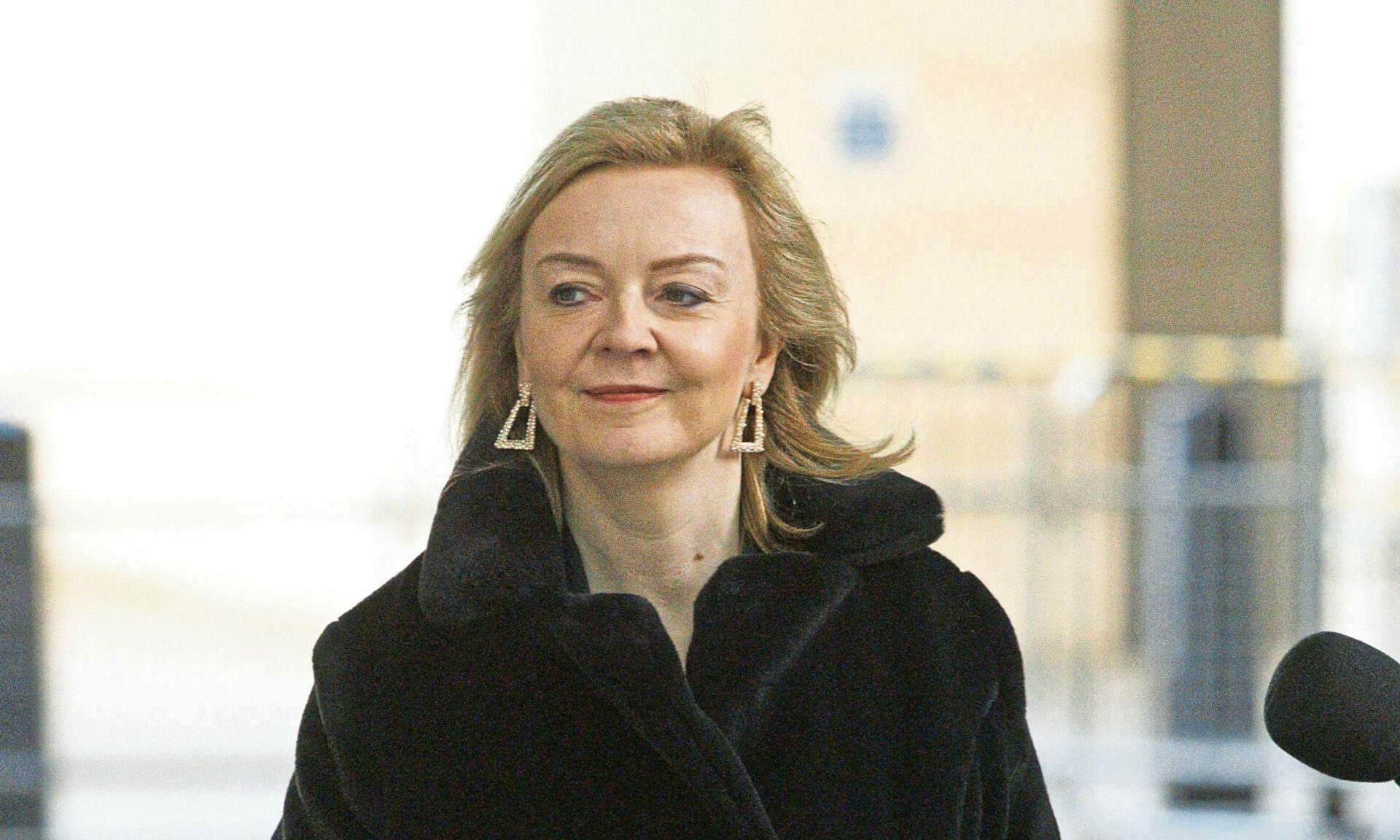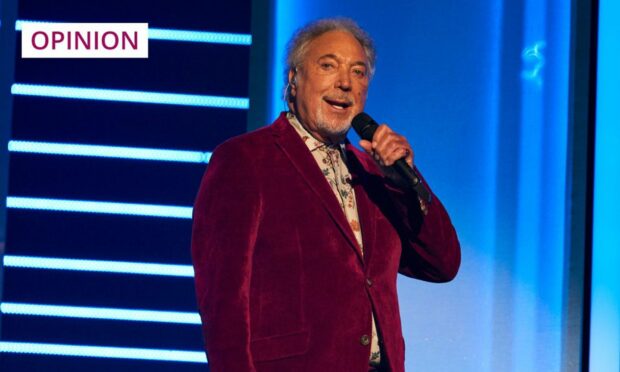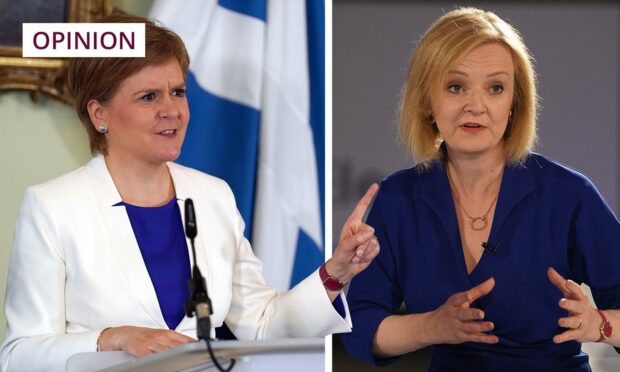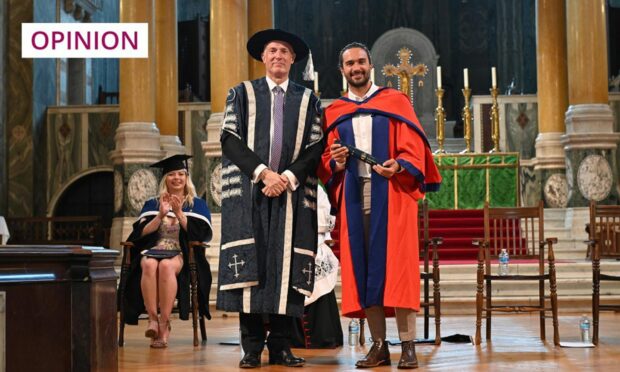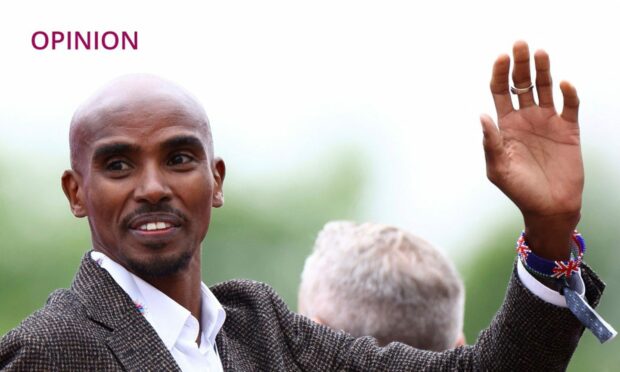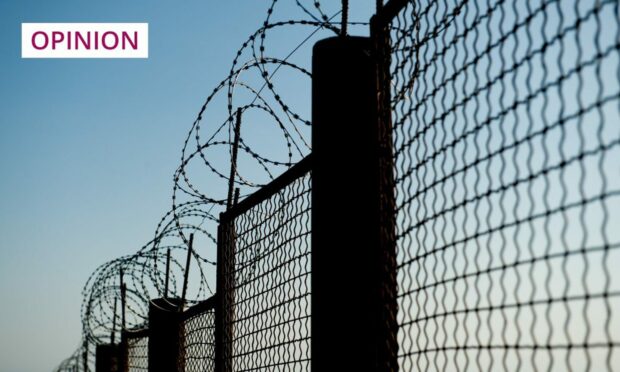Kabul, Afghanistan. Barefoot in the snow.
The child’s toes, scalded red with cold, sink into the rough, icy terrain. Nearby, a toddler of around three, wrapped in a headscarf from which unruly curls peep, cries as her father offers to sell her to a western camera crew.
Afar, Ethiopia. As the nomadic peoples try to escape the bombing, rocks ricochet in the blast, killing fleeing children.
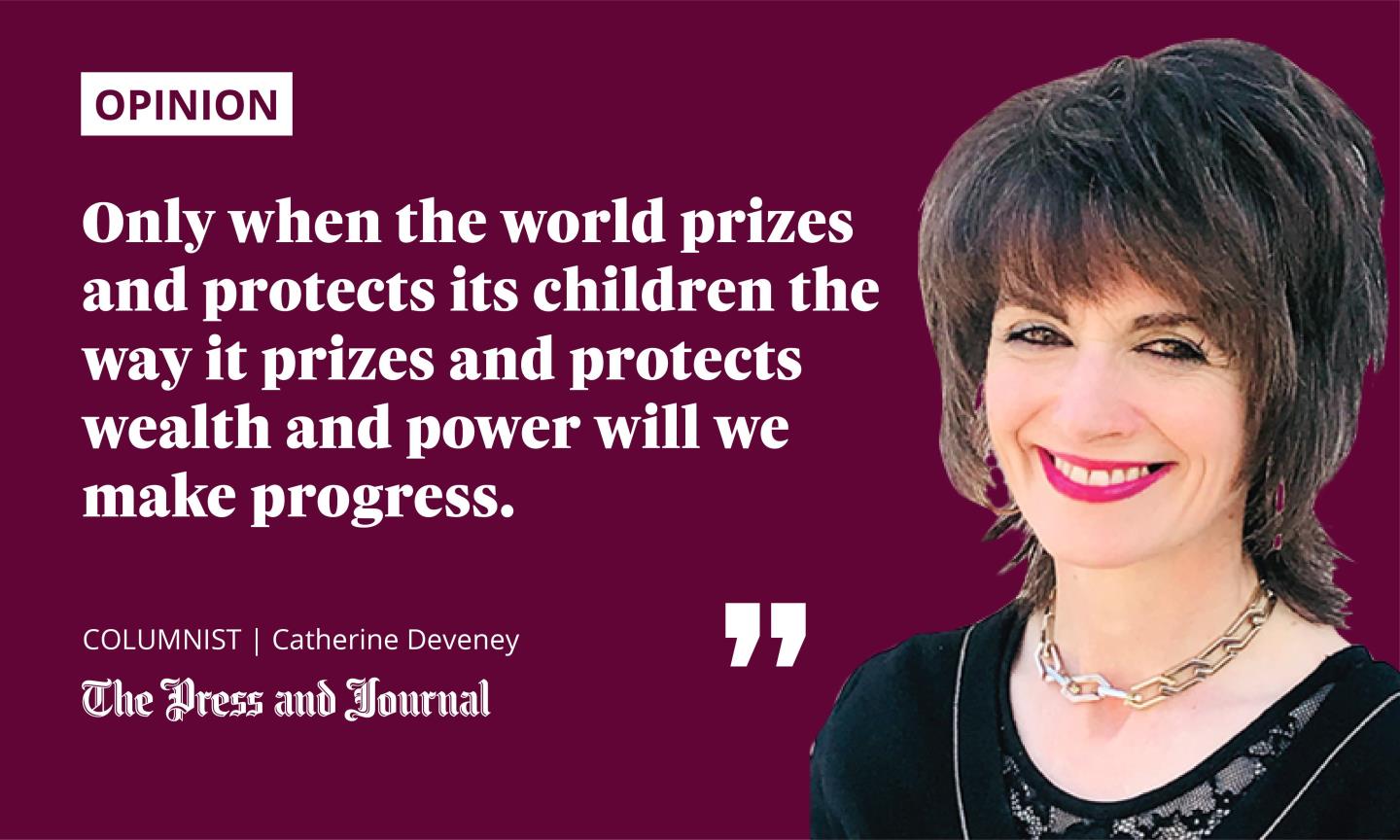
Kyiv, Ukraine. A little girl weeps in confusion at the unrest around her, her tearstained cheeks pink and plump with childhood, but her expression stained with the utter misery of an adulthood she has not yet lived.
The children of the world. Poor, hungry, abandoned, sold, betrayed; they live at the mercy of the love of power rather than the power of love. Male power, mainly.
What was known before?
Across the globe, MP Caroline Lucas is standing her ground in a parliamentary debate at one of the seats of that power: Westminster. She is attempting to question Boris Johnson about past Russian interference in British elections but is heckled, jeered, shouted down.
Where is the – male – Speaker, who intervened constantly just weeks ago to enable Johnson and Starmer to speak? The braying is cacophonous. Lucas stops. NOW, the Speaker jumps in. “I hope you are coming to the end of the question,” he snaps impatiently.
Sit down, love, there’s an important man waiting to speak.
Yet, against the current backdrop of world events, Lucas’s question was important. It was, essentially, what was known before?
It is all very well for Johnson to attempt to claw back credibility by affecting the air of international statesman, for his government to claim they are gunning for Putin-connected Russian oligarchs who prop him up. Did they – and previous governments – not realise they, too, propped him up?
Did they not know about the oligarchs’ use of the London courts for their multimillion pound disputes? Did they not know that the millions dropping into government coffers from property deals was dirty money? Or did they only care when the bombs dropped? What was known before?
There is a connection between the little girl in Kyiv and the blind eye that has been turned to Russian corruption. There is a connection between the starving children of Kabul and the foreign policy of the American and British armies, who swept in like saviours and swept out again when it all got too protracted, abandoning those they promised to protect. There is a connection between the unrest of poor African nations and the foreign aid the West has cut.
Those connections are only ever acknowledged when it is too late.
Women could be the future of politics
In the heat of the anger of all this, another betrayal. Women who get to the top have to espouse male values because male values are prized. So, when female foreign secretary, Liz Truss, said this week that more must now be spent on defence, it’s even harder to stomach than coming from a male politician.
The most ruthless dictatorships of history, the worst expansionist ambitions, the most megalomaniacal patterns of behaviour, have involved men
Try opening your eyes; try taking action before the gunshots, and the wailing, echo round the deserts of bombed cities. Try acting on what you have known all along.
“I like the comfort of knowing that women are generally superior and naturally less violent than men,” the late Kurt Cobain once said. “I like the comfort of knowing that women are the only future in rock and roll.” It’s a pity they are not the future in politics.
The most ruthless dictatorships of history, the worst expansionist ambitions, the most megalomaniacal patterns of behaviour, have involved men.
Politics is about culture, not just policy
The Ukrainian president, at least, displays something different. A president, he says, is not an icon, an idol or a photograph. Put up photos of your children instead. “And before making any decision, look them in the eyes.”
Only when the world prizes and protects its children the way it prizes and protects wealth and power will we make progress.
The government is currently intent on passing legislation making it even more difficult to seek sanctuary in Britain. Their reluctant agreement to allow Ukrainians who are settled here to bring “immediate family” only contrasts starkly with the Czech Republic who, when discussing how many refugees they would accept, said: “There is no ceiling”.
Politics is about culture as well as policy. Policy merely reflects culture and it cannot be
an abstract thing, divorced from the reality of the child’s toes in the snow or their distress in chaos. Because the children of the world grow up.
They grow out of their vulnerability. The tears become anger, and the fear become hatred, and the poverty becomes violence. And then all of us, everywhere, are lost.
Catherine Deveney is an award-winning investigative journalist, novelist and television presenter

